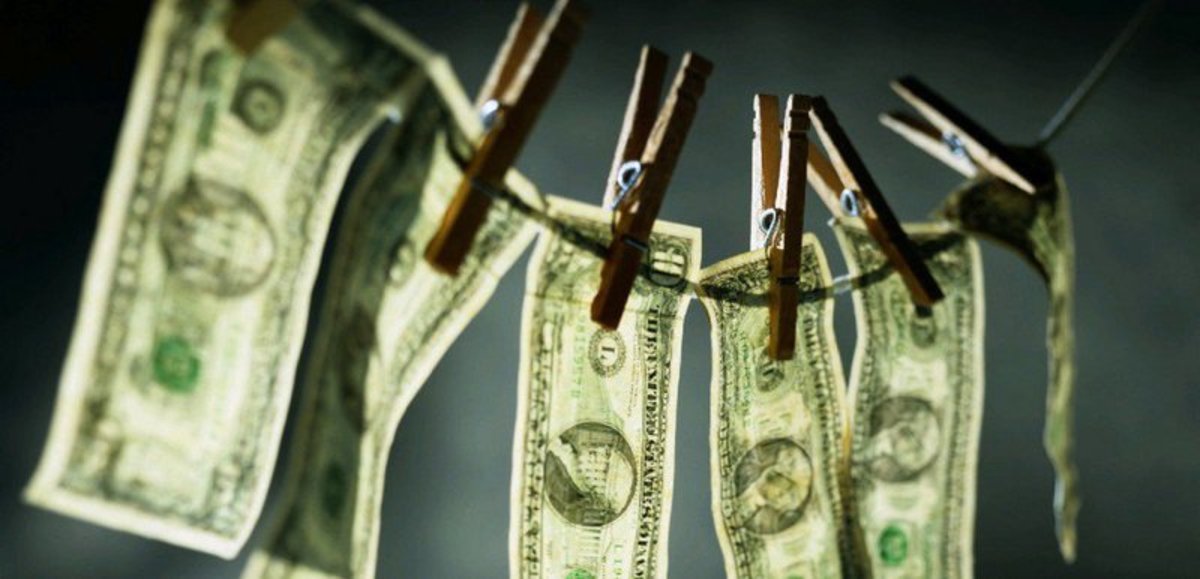
Authorities in Miami recently arrested two men in what may be the first instance of citizens being charged under state law for engaging in “too-large” bitcoin transactions. The two were contacted by undercover officers who were looking to exchange $30,000 dollars each for bitcoin, an amount which violates the state’s money laundering laws. According to Miami-Dade State Attorney Katherine Fernandez Rundle, undercover police officers conducted the stings looking for “individuals engaged in high volume Bitcoin activity.”
It’s difficult to imagine a world in which undercover officers targeting people engaged in voluntary exchanges is a good use of law enforcement resources. Earlier this year, police in Florida found over 100 untested rape kits, some of which have been sitting in storage, untouched, since 2005. The state has 11 of the 100 most violent cities in America.
Florida’s anti-money laundering law makes exchanges above $10,000 illegal without offering information to the government. The state also forbids frequent unlicensed transactions of more than $300 but less than $20,000 in any 12-month period.
The prosecutor’s office justified using resources to seek out bitcoin users by claiming that“Bitcoins are often seen as a perfect means of laundering dirty money or for buying and selling illegal goods, such as drugs or stolen credit card information.” Indeed, the state claims one undercover agent told one of the arrested men, nicknamed Michelhack, that he wanted to use the Bitcoin to purchase stolen credit cards online.
But as Katherine Mangu-Ward has noted for Slate, bitcoin is far from an ideal, or even particularly popular, method for laundering money.
Money laundering is the process of throwing needles into a haystack. The idea is to lose dirty cash in a jumble of legitimate transactions. About $8 billion worth of transactions were conducted in bitcoin from October 2012 to October 2013. During 2012, Bank of America processes $244.4 trillion in wire transfers and PayPal processed $145 billion. The bitcoin haystack just isn’t big enough or messy enough to be a useful place to launder money right now. A better option: cash-heavy businesses, such as casinos or—yes—laundromats.
“High level international cybercriminals have not by-and-large gravitated to the peer-to-peer cryptocurrency, such as bitcoin,” Secret Service Special Agent Edward Lowery said. “Instead, they prefer “centralized digital currency” that is based somewhere with looser regulations and lazier enforcement.
Jon Matonis has called money laundering the thoughtcrime of finance. Buying into the idea that citizens owe the state of Florida an explanation for voluntarily selling bitcoin for dollars means, in practice, that everyone owes it to the government to get involved in enforcing other laws.
Perhaps the trade would be worth it if money laundering laws helped the state prosecute violent criminals. But that’s not the case. Most laundered money is used in crimes whose violence stems from their being illegal, such as gambling and the drug trade.
At no point should the citizens of Florida owe it to the government to divulge information on voluntary transactions. That the law is written this way is totally inappropriate. Money laundering laws violate privacy, are extremely expensive to comply with, are incredibly ineffective as a means to thwart other crimes. But that Florida authorities are actually seeking out peaceful bitcoin sellers to ensnare for failing to give up information is especially galling. Florida officials are wrong in their assessment of bitcoin, and they’re wrong to apply badly-written laws in an effort to quash it. Charges against these two men should be dropped immediately, and the laws rewritten to reflect useful priorities for law enforcement.










